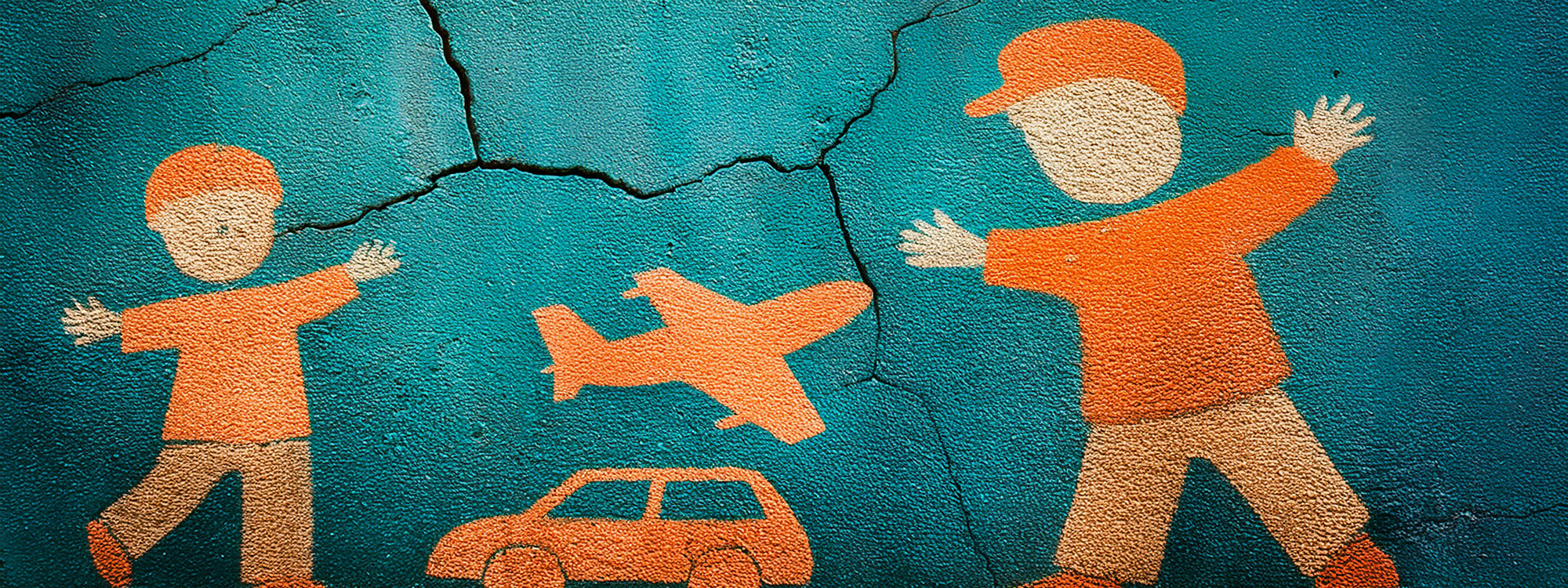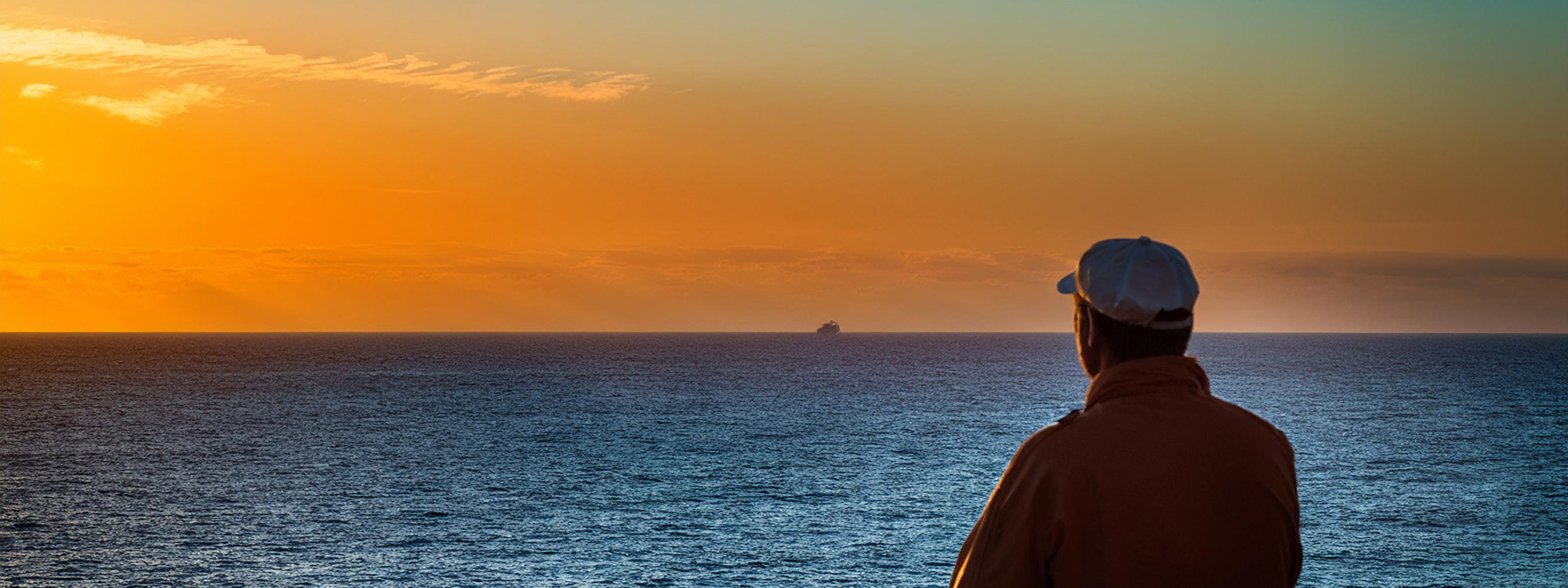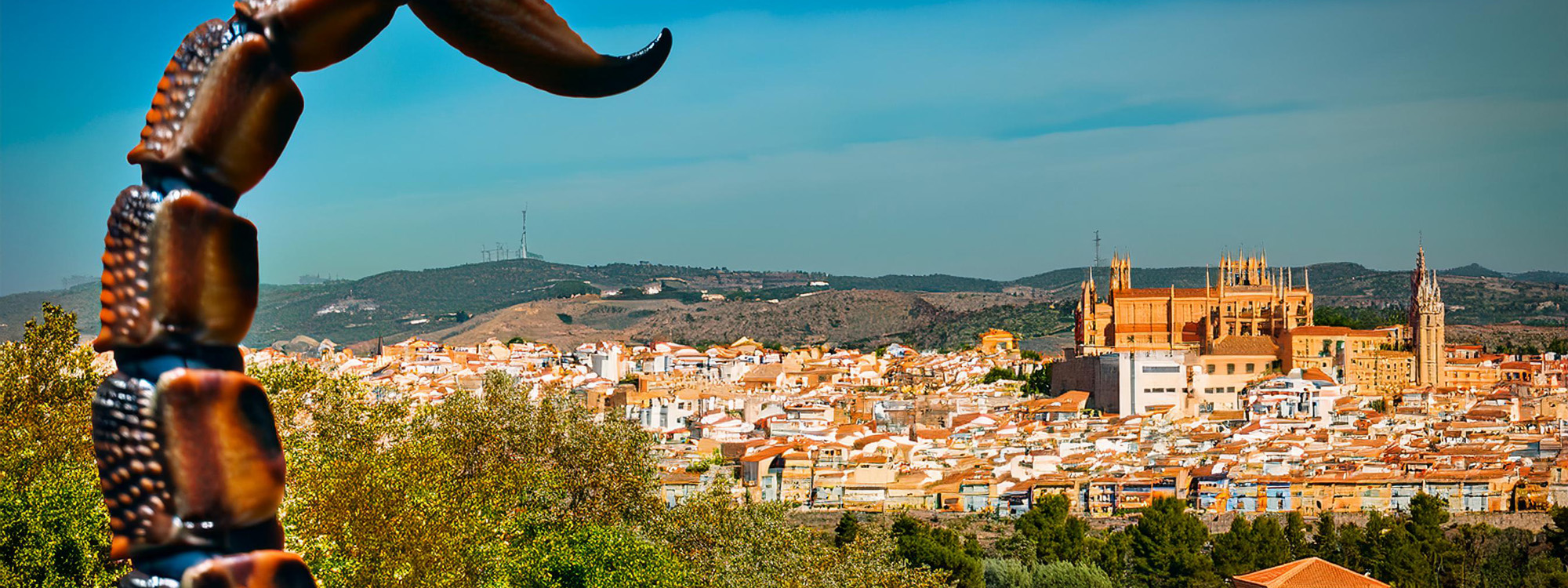| |
A study in repression, misguided redemption, and missed responsibility Sparta opens in near silence, and yet it speaks volumes. In just a few early scenes, Ulrich Seidl reveals the internal world of Ewald — not through exposition or dialogue, but through pauses, glances, physical distance, and the heavy atmosphere of repression. I was struck by how quickly the film communicated Ewald’s conflict: his unspoken attraction to young boys, his unease in his own skin, and the growing emotional gap with his girlfriend.
The absence of words makes the discomfort even louder. It’s not just about what Ewald is feeling — it’s about how hard he’s trying not to feel it. As a viewer, I was immediately drawn into this quiet turbulence, where every mundane gesture is loaded with unresolvable tension. The scene of him standing in silence, smoking nervously, about to leave, while his girlfriend sits at the table — it just won’t leave my mind.
As someone who has experienced similar inner conflicts, I found moments in Sparta painfully relatable — particularly Ewald’s yearning not just to observe, but to be included in the innocent world of the boys. When he watches them playing in the snow or in the courtyard, I recognized that deep longing for connection, simplicity, even joy.
But where I felt empathy, I also felt alarm.
Ewald crosses lines that, for someone in our condition, I believe must remain firmly in place. Approaching children in the street, inviting them into a secluded space, photographing them, or allowing physical proximity in settings like shirtless judo sessions — these are not just risky choices, they are dangerous ones. They compromise not only the children’s safety but also Ewald’s integrity, even if he convinces himself of pure intentions.
When he builds a wall around the judo school, it becomes a haunting metaphor for secrecy — a world of his own design, detached from accountability. That’s not liberation; it’s isolation, and ultimately delusion.
Sparta had the potential to be a rare and powerful window into the inner world of non-offending minor-attracted people — a chance to evoke empathy without endorsing harmful behavior. It flirts with that possibility, especially in its quiet, introspective moments, where we sense Ewald’s loneliness, confusion, and desire for something pure and innocent.
But ultimately, it fails to carry that empathy through. Ewald’s actions — whether driven by repression, desperation, or denial — are ethically troubling and undermine any sympathy the viewer might be developing. Perhaps Ulrich Seidl never intended to foster understanding in the first place. Maybe his goal was to provoke, disturb, or simply observe a man spiraling into self-deception.
But for those of us who live daily with unwanted desires and choose restraint, honesty, and accountability, Sparta becomes a missed opportunity — a portrait that could have shown struggle with dignity but instead lingers too long on ambiguity and risk.
Ewald clearly has inner demons to face, but instead of seeking real help, he projects his turmoil onto the lives of vulnerable children. Watching him parade through Romanian villages, initiating boys into activities that border on the absurd, I couldn't help but feel discomfort. Is he truly a judo master, offering something of value? The film doesn’t show that. The boys may laugh, jump, and wrestle, but Ewald isn’t there for them — he’s using them as tools to soothe his own pain.
That could be the most unsettling part of Sparta: the illusion of benevolence cloaking an emotional dependency. The tragedy deepens when we realize that some of these boys live in poverty, or even abusive homes. Ewald sees their suffering, and perhaps he even feels for them, but he doesn’t act with any real commitment to their well-being.
His so-called judo school becomes a hollow stage — not a space of healing or empowerment, but a fantasy world built to shield him from his own need for healing. If he had stepped beyond that wall he built — literally and figuratively — and chosen to truly serve the good of those boys, maybe his path could have looked different.
But instead of doing good or seeking help, Ewald simply moves on — to another village, to another set of boys — not to destroy them, perhaps, but still to use them. And that’s a harm all the same.
About the author: I’m a non-offending MAP learning to walk this path with conscience, care, and grace. My faith grounds me in the belief that we are called to admire beauty without harming it, to protect innocence, and to grow through sacrifice. I write as part of my spiritual and moral journey--seeking truth, peace, and a life that honors both God and others. | |






 child sex abuse — recorded or not
child sex abuse — recorded or not lessons from reviewing books on pedophilia
lessons from reviewing books on pedophilia review: manticore
review: manticore